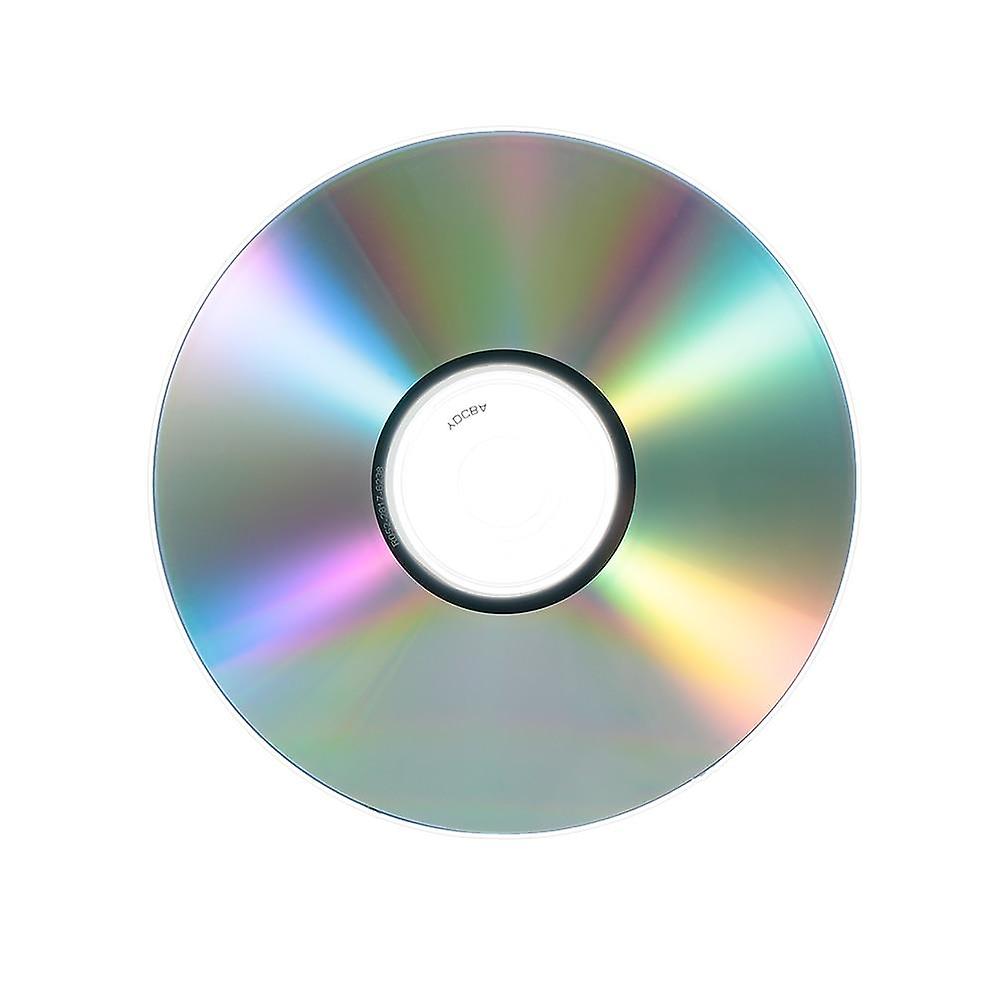From theatrical to streaming and physical media, chairman Richard Lorber is one of the industry’s foremost champions of art-house cinema – just ask Christopher Nolan and Quentin Tarantino.
Kino Lorber releases a lot of films on DVD. Why are you still betting on physical media?
The physical media business is still an important part of our business, even if it’s in a transitional phase right now. When we entered, it was a $7 billion to $10 billion business; now it’s struggling to be a $1 billion business, but it’s still a $1 billion business. And we see opportunity there, particularly in a world where there’s a rapid deterioration of the availability of titles online. When Netflix had a rental-by-mail business, I did some of their first deals, back in the early [2000s]. Back then, there were about 100,000 titles available from Netflix for rental by mail. As of the latest report, there are probably 3,000 titles film titles available to stream on Netflix and probably, in total, no more than 7,000 or 8,000 to stream across all of the services.
For collectors who love cinema, and I’m not just talking about the extreme cinephiles, I’m talking about film lovers who recognize the fact that physical media is a way for them to have the films that they love in the best possible versions — we release in 4K UHD — and have them forever. Those little plastic discs will probably outlive all of us. So we’ve cultivated those customers and they sustain our business, even as we recognize the deterioration of that business on a macro level. It’s a curated approach, a targeted approach, but there are many, many really good titles out there, even with the strictest curation standards. Films that really deserve to be made available again.
I’ve heard you say that DVD is the new vinyl, that physical media is set for a revival. Where do you see evidence of that?
You’re using DVD generically, of course, but what we’re really talking about is the newest standard, which is 4K UHD. You won’t see anything in as good a quality as you can see on a 4K UHD copy now. And it allows for including a range of material beyond what you could put on a DVD or even a Blu-ray. It is going to become the collectible of record. People who really care about preserving their own cultural collections are going to be embracing 4K. We heard that at the Oscars. I had a great chat with Christopher Nolan, who has been a big champion of physical media. He loves our stuff and maybe we’ll do some things with him from his library, but he’s embraced the physical media business. [Quentin] Tarantino was certainly one of them who raves about the importance of preserving cinema culture in physical media. Whether the comparison with vinyl is exactly on target or not, it’s close enough.
Wow, I didn’t know Netflix has gone from 100,000 titles available during its mail order days to 3,000 (with 7,000 to 8,000 total across all of them). I’m going to remember that when people ask me why I still buy on physical media and have a large collection.
Also, I’m really glad he called out his generic use of “DVD” and made a distinction. It’s a pet peeve of mine, like calling every video game console “a Nintendo.”
My guess is this is a licensing issue. As DVD rental they could rent all studios. Now many publishers do their own thing.
I’m in the process of buying a Blueray player when I realized physical media is no more expensive than buying from a platform like Amazon or apple. The difference is, I could sell and borrow my DVD just as I like without the risk of loosing everything because of one of the providers locking me out.
I really wish people would not call BDs DVDs
If a movie or series is not available on any of the streaming service you are already subscribing, it might be cheaper just to buy a DVD or BD than subscribing just another service juts for this occasion.
This is the best summary I could come up with:
The Kino Lorber library now counts more than 4,000 titles and the company is continually adding to the list, acquiring festival hits like Bruno Dumont’s Berlinale Silver Bear winner L’Empire, 2023 Cannes Golden Eye and Caméra d’Or winners Four Daughters and Inside the Yellow Cocoon Shell, and Sundance success Scrapper.
Kino Lorber has two stand-alone streaming services: MHz Choice, which specializes in international TV series (Babylon Berlin, The Killing) and which merged with First Look Media’s Topic platform earlier this year; and Kino Film Collection, an all-movie platform programmed largely from its back catalog.
We found a connection based upon our differences and our commonalities and over a period of probably 15 years, over innumerable pizzas in Cannes, we talked about how we might put our companies together.
We’re looking at the broad spectrum of the so-called entertainment world, but we’re also looking at the value of the creative output of filmmakers and television makers that rise to a level of quality that we think has enduring value, like the classics that we revere.
At the same time, we bought the film that won the Caméra d’Or, Inside the Yellow Cocoon Shell, a three-hour Vietnamese meditation on spirituality and mortality, which was one of our surprise theatrical hits.
The happiest surprise we’ve had in the past year and a half, with all the well-reported challenges to theatrical distribution both for the studios and the independents, is the rediscovery of classics in restorations by younger audiences.
The original article contains 1,858 words, the summary contains 237 words. Saved 87%. I’m a bot and I’m open source!
Awesome. I never heard of Kino Lorber before they announced Monk on Blu-Ray, but now I’m a fan.





